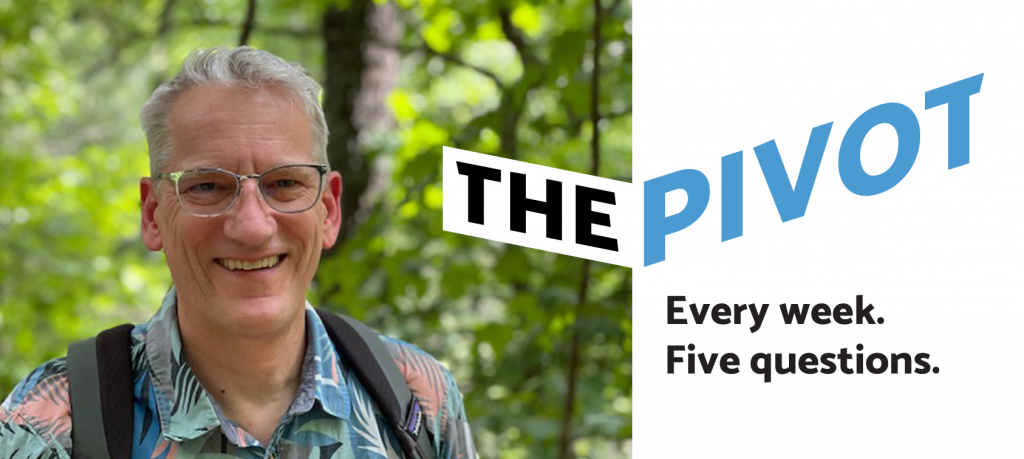
Dr. John Wiesman oversaw the response to the first known COVID-19 case in the United States.

What’s your role in public health?
I’m a professor of the practice in the Department of Health Policy and Management and I direct the Executive Doctor of Public Health (DrPH) degree program. Day to day, that means training rising public health leaders in organizational leadership, policy and advocacy work. I focus on teaching rather than research, bringing my hands-on practice experience into the classroom.
I was the secretary of health for Washington State when COVID-19 arrived on the scene. I helped lead the national response to first known case of COVID in the United States. I still remember those first few hours: We had an emergency call with the Centers for Disease Control and Prevention; they gave us the news and we immediately began planning our initial response and drafting an announcement to the country. That effort was a real partnership between local, state and federal public health officials.
I stayed in that role until January of 2021 — through the first case, the first death, the first nursing home outbreak and three waves of the pandemic. I had a rare opportunity to help my colleagues throughout the country see what was coming their way.
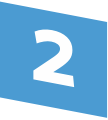
Can you describe your focus area in one sentence?
I bring reality into the classroom and meld it with our students’ passion for justice and equity to prepare them for their future work.
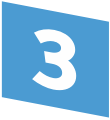
What brought you to public health?
I first became aware of public health from a July 4, 1983, Time magazine article. The magazine cover hangs in my office. The story was “Disease Detectives: Tracking the Killers,” and it gave me my first look at the practice of public health.
I’d just finished undergraduate studies in biology at a liberal arts school. The article caught my attention because it looked at toxic shock syndrome, Legionnaires’ disease and HIV as examples of how public health folks confront serious or deadly illnesses and figure out what is causing them. It struck an intellectual chord with me in terms of tackling an intellectual challenge while helping people.
With HIV being a sexually transmitted disease, we knew how to prevent it before we fully understood it. The epidemic opened my eyes and I applied to a master’s degree program in chronic disease epidemiology. I did my practicum with a local health department’s HIV counseling and testing program — part of the first group of folks in Connecticut who were trained to do that work — and it was that effort that fully engaged me in public health and landed me my first job in the same health department. The experience also helped me understand that I’m a gay man, furthering my personal development.
That first job focused on HIV/AIDS education and support for infected folks, and it was a very intense job in a time when the disease was incredibly scary and stigmatized.
I don’t think I could have imagined the course forward back then. Now, I’m the co-chair of the Presidential Advisory Council on HIV/AIDS We’re still searching for a vaccine — even though we got one for COVID within a year — but the U.S. does have a strategy to end the epidemic with antiretroviral therapy (ART), preexposure prophylaxis, behavioral change and work addressing discrimination, stigma and the social determinants of health. In some ways, it’s humbling that it’s taken us this long to arrive, but it’s also extremely rewarding to be where we are.
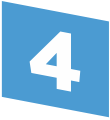
How have you pivoted in response to the coronavirus pandemic?
Public health is a team sport. The truth of the matter is, overseeing Washington State’s COVID response was exhausting, anxiety provoking and tapped all the energy we had. But it was great to work for a governor who believed in science and wanted to do right by the public.
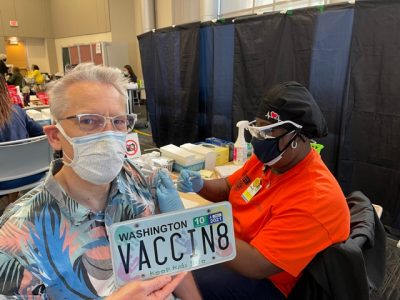
Dr. John Wiesman holds his Washington State license plate while receiving a COVID-19 vaccine in Durham County, North Carolina.
That was the trickiest balancing act: knowing that steps we had to take were extremely disruptive to people’s livelihoods. We were determined to provide resources for businesses that were out of operation and implement policies that would support people in quarantine who had no sick leave. We also helped people access unemployment and we looked at how to support undocumented individuals who had no federal resources.
This was not the thing I wanted to be first in the country to experience, but I was grateful I was in year six on the job and was ready to lead a wonderful team. Governments, nonprofits, businesses, health care and more stepped up – the whole of government, the whole of society — which is exactly what was needed.
These are challenging times. I believe we should all try our best to take a few moments out of our day or week to do something that makes our heart sing. And that’s what we should be promoting in public health, too. As someone who didn’t do that for many months, I fully understand the importance of it now.
Also: Seek help if things aren’t going well. I did that during COVID. At one point, I was experiencing so much anxiety that I called my health plan and spoke with a clinical social worker. It was the best thing I did for myself during the pandemic. We must recognize that we all have our limits and seek the resources that are available without shame.
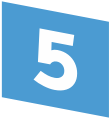
Who are you when you’re at home?
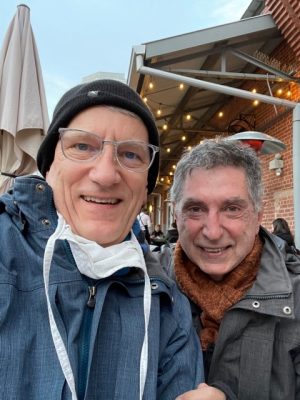
Dr. John Wiesman and his husband, Ted Broussard, have dinner outside in 45 degree weather.
Right now, I’m a tourist of the state of North Carolina! My husband and I came to Durham in January 2021, and now we spend our time exploring our new city and home state. We like arts and culture, checking out state parks, and exploring local trails and gardens. We’ve been to two Durham Bulls baseball game and are eternally going out to eat. We endured quite a few dinners in extremely cold and hot weather to safely eat outside during the pandemic. That’s commitment to good food!
Read more interviews in The Pivot series.
Published: 11/15/2021
